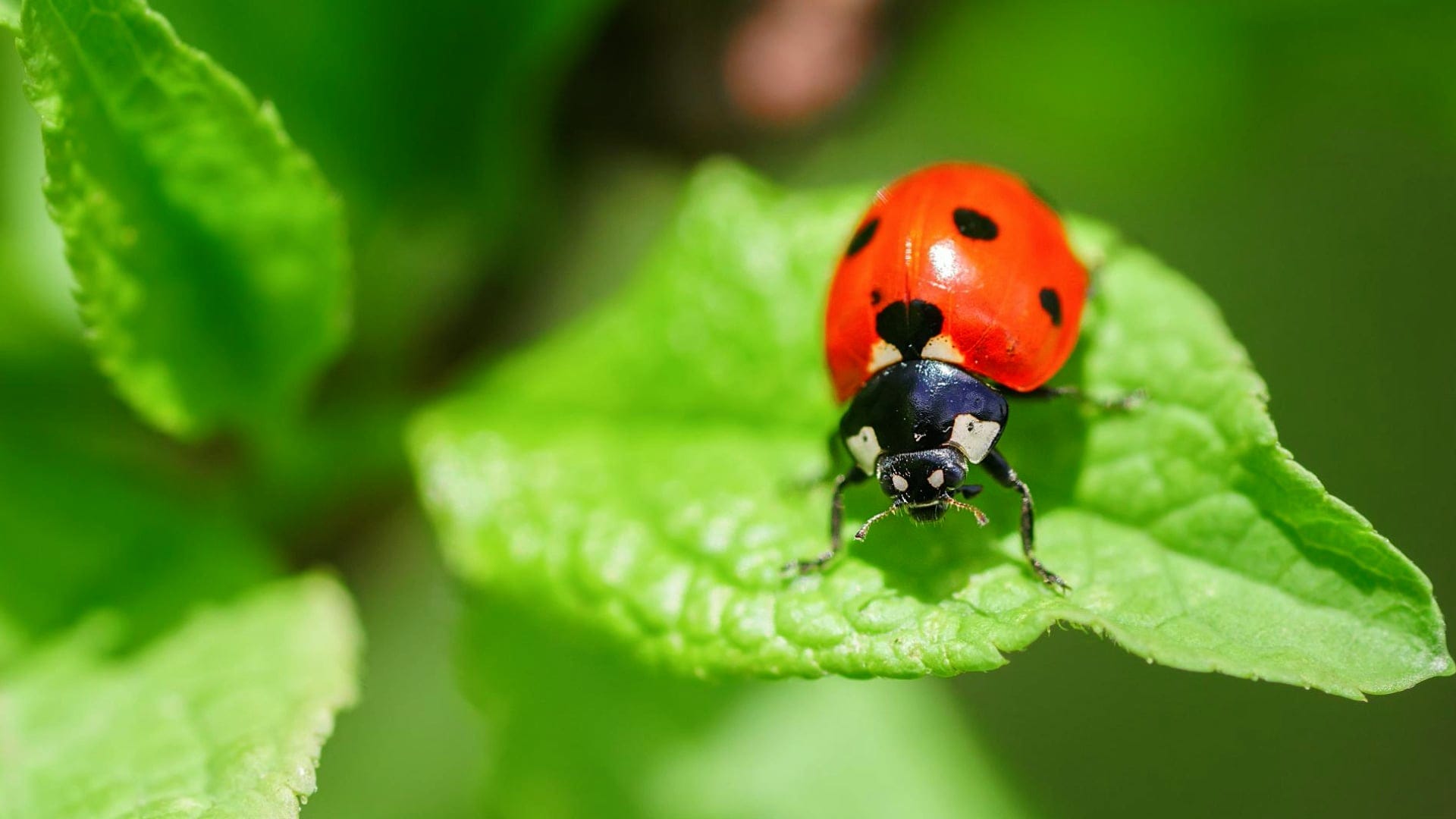Mike Hogan
| Special to The Columbus Dispatch

7 Garden Insects That Actually Help Your Plants Thrive
Not all garden bugs are pests. Some are vital helpers that pollinate plants or control harmful insects, making your garden healthier.
unbranded – Lifestyle
As the growing season winds down for most vegetable gardeners in central Ohio in October, it’s useful to evaluate how your vegetable gardening efforts fared this past season and make notes for things you may want to do differently next year.
This season certainly provided some challenges for vegetable gardeners locally. Several nasty heat waves coupled with a late season drought made it difficult for some vegetable crops to flourish, and frequent and extended periods of rain in spring required “mudding in” of some transplants and seeds. It wasn’t a perfect year, but when you dance with mother nature, you always let her lead!
So, take some time during the brisk autumn weather to sit outside with your favorite pumpkin-flavored food or drink and think about what you might want to do differently next season to be even more successful. Here are some suggestions you might want to think about for next year:
Have a plan for drought
We have experienced challenging droughts the past two growing seasons, albeit in different phases of the year. If you are like me, you spent many hours holding the hose or filling watering cans during the drought. While it wasn’t needed during the beginning of the season when it seemed the rain would never end, an irrigation system would have been nice to have in August and September this year.
We can expect continued change in climactic conditions, so it may be wise to have a plan for providing irrigation to your garden when dry spells occur. You can purchase small drip irrigation systems that can be installed above ground in your garden beds which will make watering a whole lot simpler the next time dry weather persists. Even the use of a soaker hose is easier and more effective in providing soil moisture than watering with the garden hose. It’s best to have these materials on hand before you might need them, so shop now for discounted items or add these items to your list for Santa!
Critically choose varieties
Were you pleased with the specific varieties of vegetables you chose for this past season? Did your indeterminate varieties of tomatoes crash to the ground because your staking or trellising system wasn’t adequate? Choosing the most appropriate varieties of vegetables for your garden should be based on your personal objectives for the garden, including the time which you have available to tend your garden.
When evaluating vegetable varieties, look for characteristics which will make your life simpler in the garden. Look for varieties that are more resistant to diseases. Each season we develop a list of top vegetable varieties based on a research project on the OSU campus where we evaluate different home garden vegetable varieties for yield, insect and disease resistance, and even taste. You can find the yearly list of these varieties here: go.osu.edu/topveggieproducers.
Size matters
When planning for your garden next season, give some thought to the size and scope of your garden this year. I hear many gardeners comment that they planted too many tomatoes or peppers. Or that they grew too many different vegetable crops to adequately care for. Or that their garden was simply too big to keep up with weeds or other tasks. I usually hear these comments in July and August, not May and June!
Give some thought about what the right size and scope is for your garden based on the time you have available and your personal lifestyle. Gardening is supposed to be fun. A smaller garden might bring more joy and personal enjoyment.
Have a plan for weed control
The number one challenge I hear from vegetable gardeners is weed control. Develop a plan now for how you will deal with controlling weeds from day one before they get out of hand in July and August. Can you plant more densely to avoid open space where weeds flourish? Can you plant transplants into permeable landscape fabric or even black plastic to eliminate weeds?
Mulching with organic materials such as straw, wood chips or bagged leaves can not only prevent weeds, these materials will conserve soil moisture and add organic matter to your soil.
Consider raised beds
Raised beds offer many benefits to the vegetable gardener. Almost every gardening challenge seems to be more manageable in raised beds than in traditional in-ground garden beds. Many raised bed gardeners find that weed control, pest management, irrigation and improving soil quality are more easily accomplished in raised beds.
If, like me, you are getting older and find it challenging to spend a lot of time on your knees or bending over to garden in the ground, raised beds might offer some relief.
Whatever your vegetable gardening challenges were this past season, remember that there’s always next year!
Mike Hogan is Extension Educator, Agriculture & Natural resources and associate professor with Ohio State University Extension. He can be reached at hogan.1@osu.edu


Comments are closed.